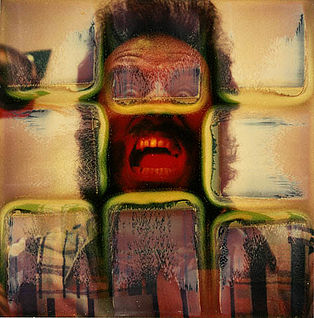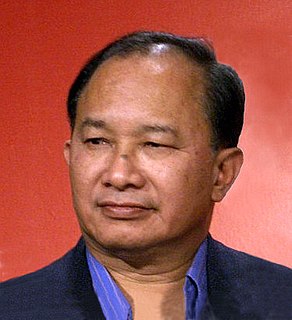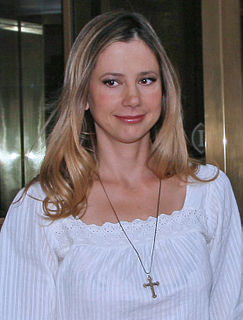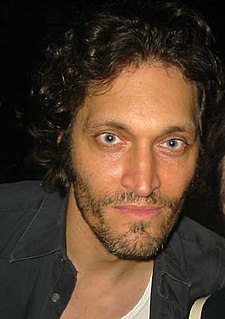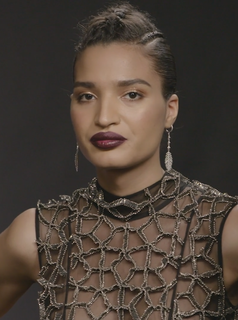A Quote by Roger Ebert
Occasionally an unsuspecting innocent will stumble into a movie like this and send me an anguished postcard, asking how I could possibly give a favorable review to such trash. My stock response is Ebert's Law, which reads: A movie is not about what it is about. It is about how it is about it.
Related Quotes
A lot of people started asking me about this woman director thing, which I never thought about before. And I'd never really thought about how there aren't really many female directors. I knew it, but I'd never really sat down and thought about the implications of that, and what it meant for a woman to make a movie, and how it's viewed differently when a woman makes a movie about women.
I couldn't take my eyes off of Stan [Lee]! As good as the movie is, all I could think about is, "What's he thinking?" So the movie ended, and then he, very whimsically, expressed all of his feelings about how long he waited, and how the TV shows in the '70s were all, "If only they could do this," and now they could. And he didn't get choked up and blubbery, but he was moved. Like, "Ohmigod, it happened while I was alive." And I can't believe I got to see that. He was very raw. It was quite beautiful.
I'm looking back at what I did and how it works. In a sense I'm waiting to see how people will respond. I'm waiting to see how you respond, without asking me to tell you what I think about it, because it is your job to give me an idea of how you go about thinking about this work. And if it's too absurd then, you know, I'll kick you out!
I like movies that interest me and stories that interest me, I don't think about how much money it's gonna [cost] to make the movie, I don't think about any of that. I think about certain aspects like who's making the movie and who's gonna tell a story that I wanna be involved in, but I don't have that choice and I never have.
The movie not only about what story you're telling and who you're looking at. It's mostly about how you're telling it and how you're looking at it. And people who don't like it, who say, "Oh, it's not 'true' because you're looking at it in a stylized way" - it's a movie and it's fiction, so it's also a lot in the artistic direction that it is political.
Roger Ebert was such a champion of underrepresented filmmakers. He was a very big deal to me. It shows the power of critics. People who write about film, like you, can really affect the confidence of a young filmmaker. He did that for me, so it was such a pleasure to have an opportunity to talk about Roger in the movie.
The funny thing about 'Take Shelter' is that a lot of people talk about how it was allegory for the economy and things that were to happen. And that was so on the nose in the movie for me. I was like, 'That's obvious.' It's the other stuff about marriage and commitment and those other things that I spent the most time thinking about.



